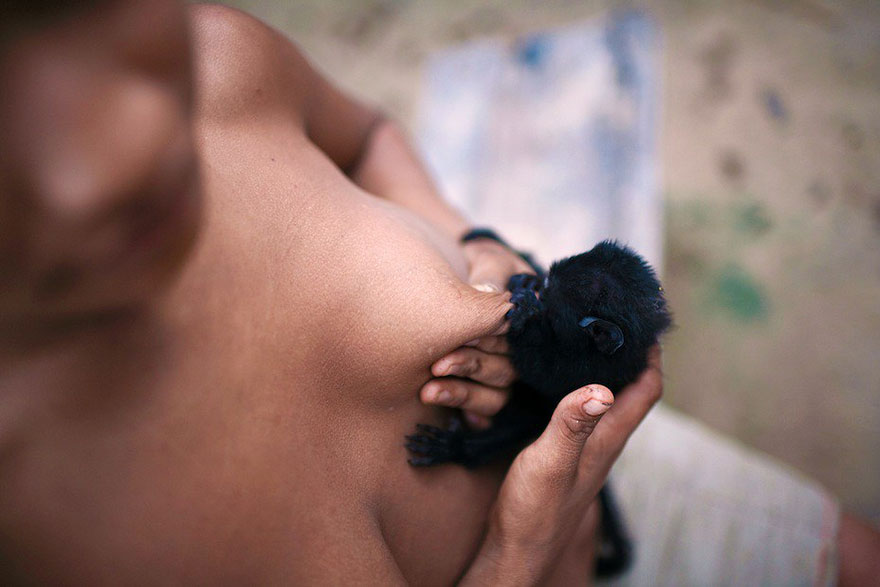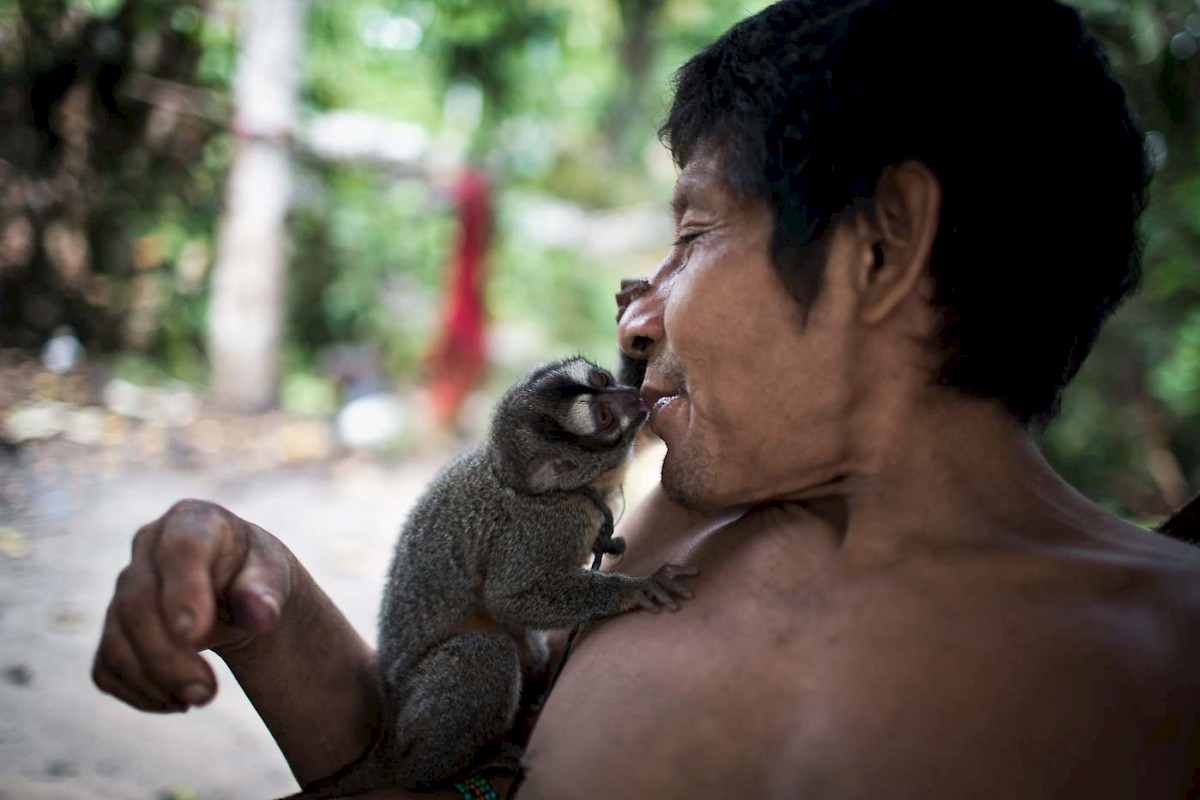Content Warning: This essay constitutes a trans/intersex exclusionary discussion of birth control. It also focuses on heterosexual relationships.
Not Safe for Work: Contains a discussion of family planning which, while not graphic, may not be appropriate in some office spaces.
Have you considered if your family planning is vegan? What’s in your birth control? Was your birth control tested on Nonhuman Animals? Will the waste matter from their production and use harm free-living nonhuman communities? Vegan Warrior Princesses Attack tackle these issues in an advice column, “Is Birth Control Vegan?” which inspired me to think a little deeper about structural barriers in our activism.
They say the personal is political, and not much gets as personal as what we put into our bodies and how we express our sexuality. It makes sense to question how anthroparchy can shape our sexual relations. It is definitely worth asking how vegan your birth control is. However, it’s also worth asking how feminist it is.
Birth control has been lauded by the women’s movement as one of the great liberators from patriarchal confines. It freed women from mandatory motherhood and allowed them greater control over their life course. But birth control is not evenly enjoyed or evenly accessible.
Certain disabilities can seriously inhibit cis-women’s choices in hormonal birth control (for example, I have a hearing and balance disorder that is triggered by most mainstream products). Additionally, hormonal birth control can be extremely detrimental to women’s physical and emotional health. Among other things, it can cause debilitating depression, cardiovascular problems, and brain cancer. These are risks that men need not incur as a participant in the relationship.
Indeed, the extreme burden placed on cis-women in heterosexual relationships is another issue we should consider when discussing vegan family planning. Obtaining and maintaining a birth control regime, especially for poor, teenage, uninsured, or undocumented women, is very difficult, expensive, time-consuming, and often physically and emotionally uncomfortable or traumatic.
In the poor Appalachian community in which I grew up, uninsured girls and women would have to make multiple phone calls, make multiple visits, wait hours in the understaffed community health department, endure humiliating and sometimes painful exams, and sit through condescending lectures about sexual health by staff who presume that if you can’t afford birth control, you must also be ignorant of basic body functions.
Even after all of these hoops of fire vulnerable women are expected to jump through (and few will), they can still be expected to pay based on their income or that of the person with whom they are living. I can remember vividly the shame of being turned away when I couldn’t afford the ten dollars my health department required for reduced cost birth control.
At the end of the day, it’s nobody’s business how anyone seeks to manage their own sex lives. We’re vegan in an imperfect world. If you can access vegan birth control and it doesn’t negatively impact your health, that’s brilliant: please keep doing that. If you cannot, don’t beat yourself up about it. There are some structural issues that are very difficult for activists to impact or to circumvent when living our politics. Much of our vegan philosophy is developed by elite, native-born, insured, well-paid, able-bodied white men. Their idea of perfection isn’t realistic for many marginalized communities. At least not yet.
Incidentally, vegan condoms are available. I have seen them for sale on vegan websites like VeganEssentials.com. However, their cost and the inconvenience of mail order means that even this option has its limitations (and condoms only have about an 80% real-world success rate in preventing pregnancy, 98% in “perfect” circumstances). Continued vegan activism will ensure that affordable vegan birth control will be more accessible as veganism popularizes. In the meantime, do the best you can.
 Ms. Wrenn is the founder of Vegan Feminist Network and also operates The Academic Activist Vegan. She is a Lecturer of Sociology with Monmouth University, council member with the Animals & Society Section of the American Sociological Association, and an advisory board member with the International Network for Social Studies on Vegetarianism and Veganism with the University of Vienna. In 2015, she was awarded Exemplary Diversity Scholar by the University of Michigan’s National Center for Institutional Diversity. She is the author of A Rational Approach to Animal Rights: Extensions in Abolitionist Theory.
Ms. Wrenn is the founder of Vegan Feminist Network and also operates The Academic Activist Vegan. She is a Lecturer of Sociology with Monmouth University, council member with the Animals & Society Section of the American Sociological Association, and an advisory board member with the International Network for Social Studies on Vegetarianism and Veganism with the University of Vienna. In 2015, she was awarded Exemplary Diversity Scholar by the University of Michigan’s National Center for Institutional Diversity. She is the author of A Rational Approach to Animal Rights: Extensions in Abolitionist Theory.




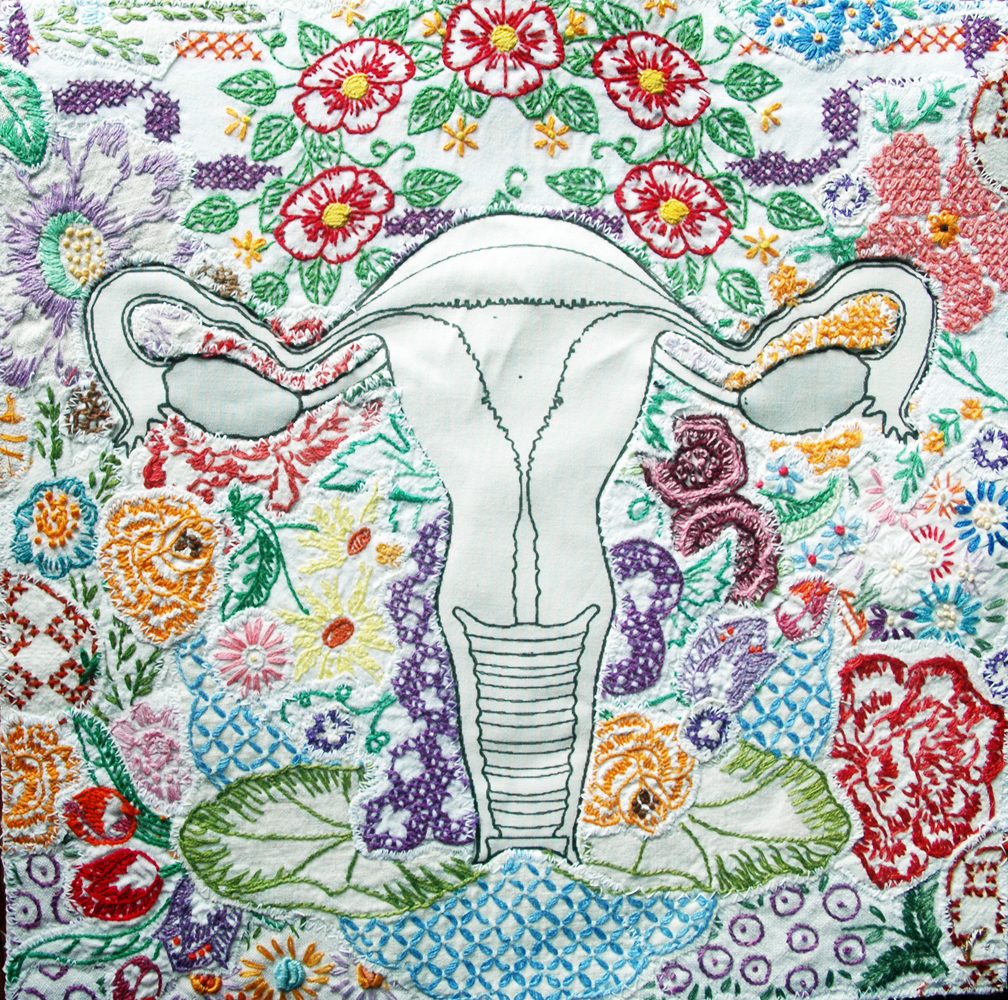
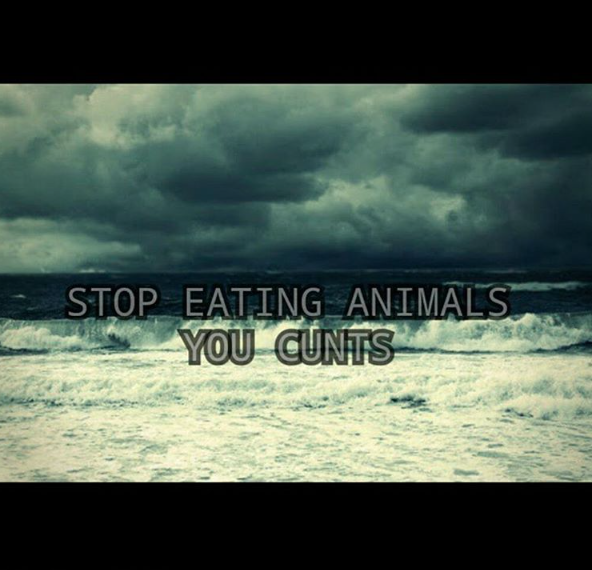
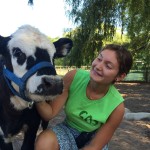

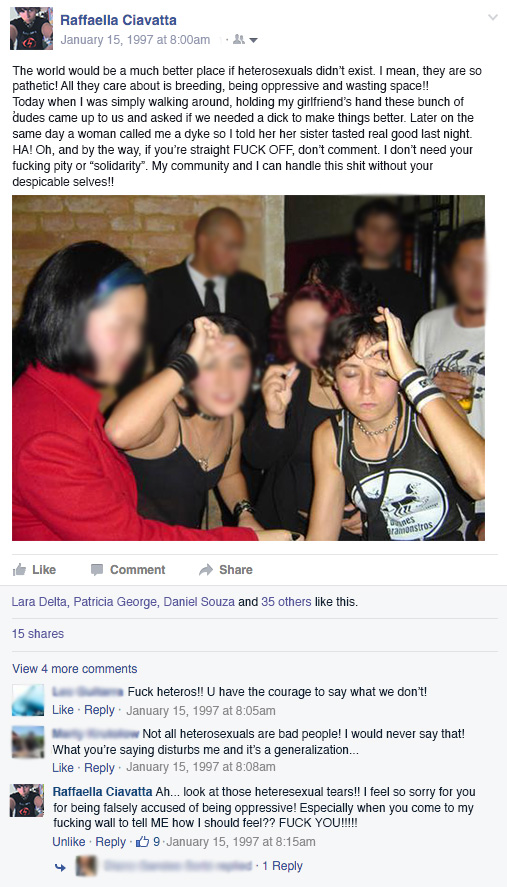
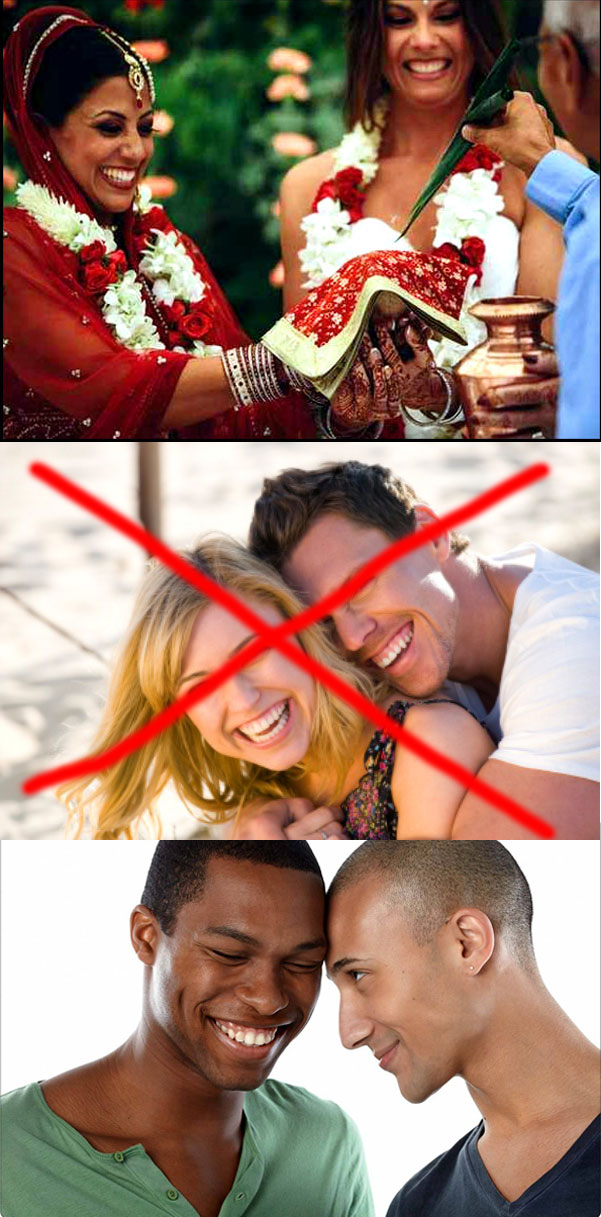

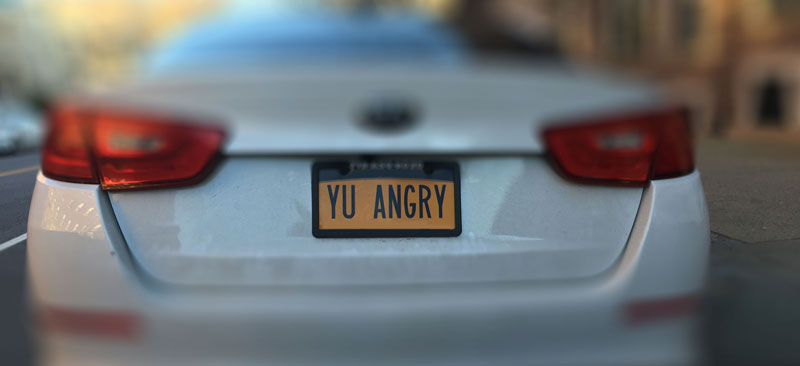
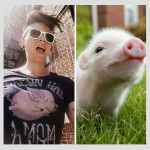
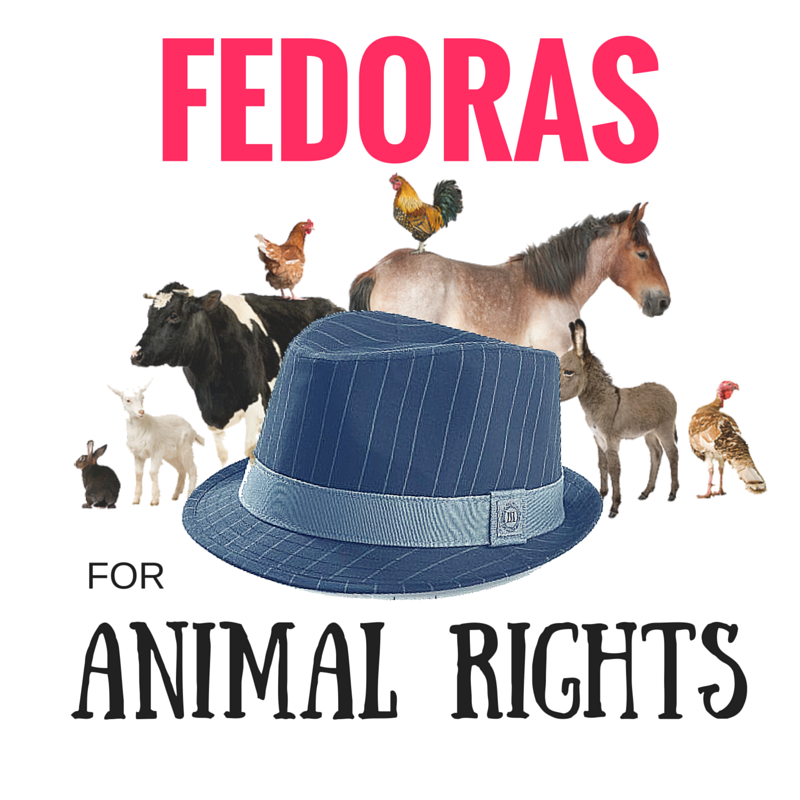





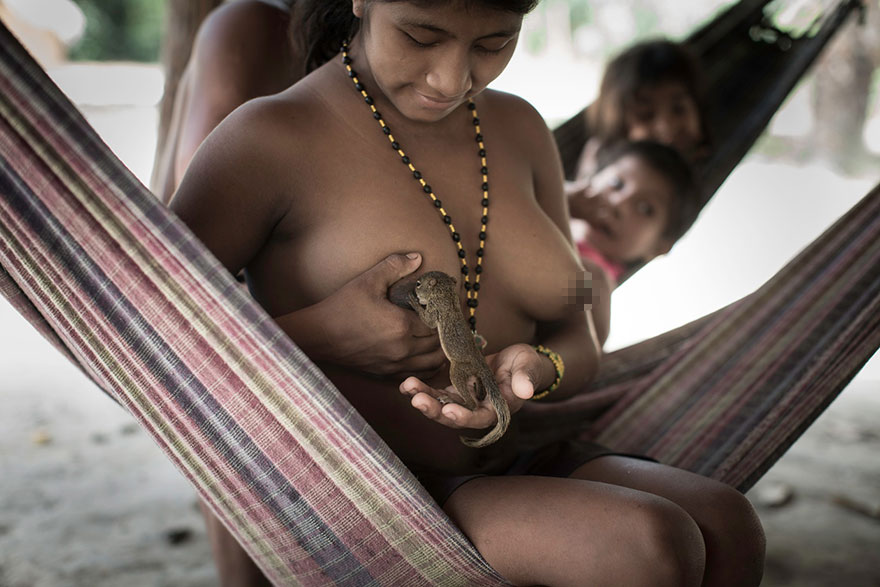
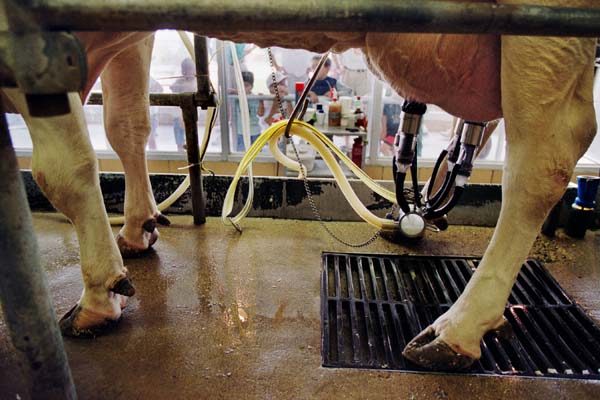 uirrels aren’t the only opportunists. Many humans consume enormous quantities of nonhuman breast milk. Importantly, it is mechanically collected. Why is it stigmatized to drink directly from the breast of other animals? Again, it reminds us that we are animals. Separation also helps to commodify and objectify the persons exploited in the process. This is necessary because intimacy and empathy disrupt oppression.
uirrels aren’t the only opportunists. Many humans consume enormous quantities of nonhuman breast milk. Importantly, it is mechanically collected. Why is it stigmatized to drink directly from the breast of other animals? Again, it reminds us that we are animals. Separation also helps to commodify and objectify the persons exploited in the process. This is necessary because intimacy and empathy disrupt oppression.